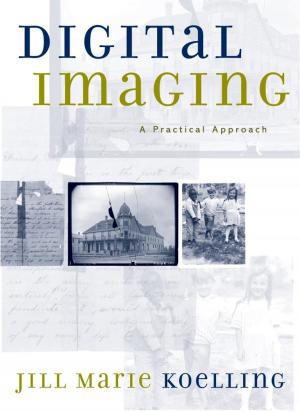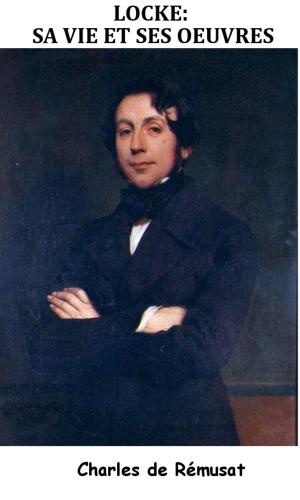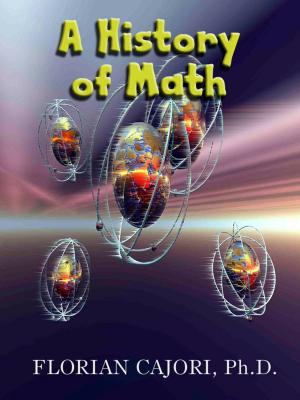| Author: | Thomas Yaeger | ISBN: | 9781370378012 |
| Publisher: | Thomas Yaeger | Publication: | August 20, 2017 |
| Imprint: | Smashwords Edition | Language: | English |
| Author: | Thomas Yaeger |
| ISBN: | 9781370378012 |
| Publisher: | Thomas Yaeger |
| Publication: | August 20, 2017 |
| Imprint: | Smashwords Edition |
| Language: | English |
There are many puzzling things about the ancient world, since those who peopled that world lived and thought within quite different models of reality. Why did they practice the sacrifice of animals? Why did they think they could understand the future by examining the entrails and the liver of a ram? What was the logic beneath the practice of magic? Other questions are equally problematic to answer, such as their understanding of religion, which, on close examination, does not closely resemble our own understanding of what religion is, and why did they think that the physical reality we experience is a species of illusion?
After the passage of more than two and a half millennia, it is hard for us to make sense of the evidence which has survived. Sometimes the nature of the evidence is problematic, and sometimes our approach to that evidence is the problem: we carry intellectual baggage which often makes it very difficult to know and understand what we are looking at.
Much of the teaching of ancient history provides analysis which privileges our modern point of view. So we read the past largely in terms of power, propaganda and prestige, because those are important factors in modern history. In the ancient world, matters were not so simple, and were complicated by what people believed about the nature of their reality.
By contrast, this collection of essays attempts, as far as possible, to understand the ancient world within its original context, and to highlight where modern thought and the modern mind introduce obstacles to what can be understood.
There are many puzzling things about the ancient world, since those who peopled that world lived and thought within quite different models of reality. Why did they practice the sacrifice of animals? Why did they think they could understand the future by examining the entrails and the liver of a ram? What was the logic beneath the practice of magic? Other questions are equally problematic to answer, such as their understanding of religion, which, on close examination, does not closely resemble our own understanding of what religion is, and why did they think that the physical reality we experience is a species of illusion?
After the passage of more than two and a half millennia, it is hard for us to make sense of the evidence which has survived. Sometimes the nature of the evidence is problematic, and sometimes our approach to that evidence is the problem: we carry intellectual baggage which often makes it very difficult to know and understand what we are looking at.
Much of the teaching of ancient history provides analysis which privileges our modern point of view. So we read the past largely in terms of power, propaganda and prestige, because those are important factors in modern history. In the ancient world, matters were not so simple, and were complicated by what people believed about the nature of their reality.
By contrast, this collection of essays attempts, as far as possible, to understand the ancient world within its original context, and to highlight where modern thought and the modern mind introduce obstacles to what can be understood.















